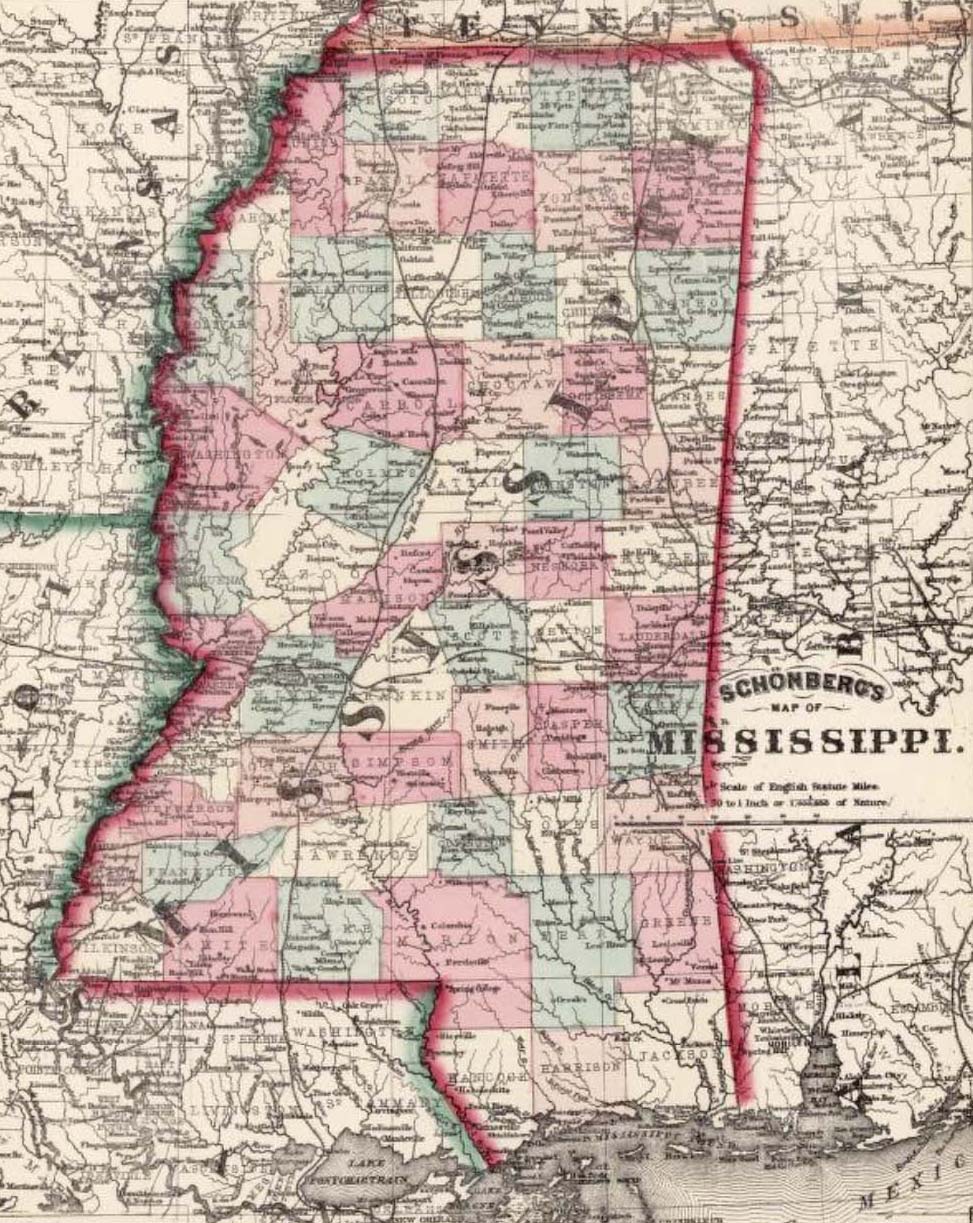When James Lynch gave the speech that appears below, his great achievements lay in the future. Born in Baltimore in 1839, Lynch at the age of 24 went to South Carolina as one of the first A.M.E. missionaries to the freedmen and women. From 1866 to 1867, Lynch was editor of the Christian Recorder in Philadelphia, a leading newspaper for the supporters of Reconstruction. He resigned from the paper in 1867 to organize for the Republicans in Mississippi while working with the Freedman’s Bureau. In 1871 Lynch was elected secretary of state of Mississippi, the first African American to hold that post.
In May 1865 Lynch delivered this speech at a meeting of the Young Men’s Literary and Debating Society of Philadelphia. In it he challenges African Americans to work for racial unity.
It is strange, but true, that we have such men among us. First on the list stand those who set no value on the ability of their race and adopt the opinions respecting them that prejudiced white men hold. Among these we find those who prefer white men as religious instructors, as teachers, physicians and lawyers, because they are white. They are studious in disparaging their own color, and paying homage to a supposed native superiority of the whites.
Then comes another class, who are always in the market for the white man’s purchase. If they are flattered, feted or pecuniarily rewarded, they will kiss the hand of the oppressor and ally themselves with the enemies or disparagers of their race.
Another class is found in those who pride themselves on the color of their skins, feeling that a light complexion imparts superiority. It is questionable whether there is in existence a more contemptible feeling than this, for while it assumes superiority over the darker skin, it confesses inferiority to the lighter, or white, person. Certainly if A is superior and B is his inferior, then a white man, who has nothing else but white blood in his veins must be superior to A, and A is the inferior.*
Those colored persons who hold this idea are holding to that which has been, and to some degree still is, the infamy of the nation, on which God is writing, with the iron pen of providence, in letters of blood, a death sentence. They are opposing themselves to God and the defenders of humanity.
Still another class are those who succumb to the prejudices of white men, and while they are loudmouthed for their right to ride in railroad cars and visit public places of instruction or amusement, they will not shave colored men in their barber shops nor accommodate them with a meal in their restaurants. The plea is that they will “lose customers.” Well, white men can urge with equal force the same plea; and there is no reason why white men shall be expected to sacrifice more for colored men than colored men will for themselves.
It is cheering to think that the number of colored men who stand in the way of their race are in the minority by great odds. Still their existence is to be deplored, and if they be dragged forth into burning sunlight of public opinion their baleful and miasmatic influence will soon be dried up by its heat. We echo Stanford’s thrilling word, in reference to our people, “Action!” We want a healthy public sentiment among us, enlightened and energetic, that like an ever flowing current, will sweep away the Tories and the Judases from their footings.

